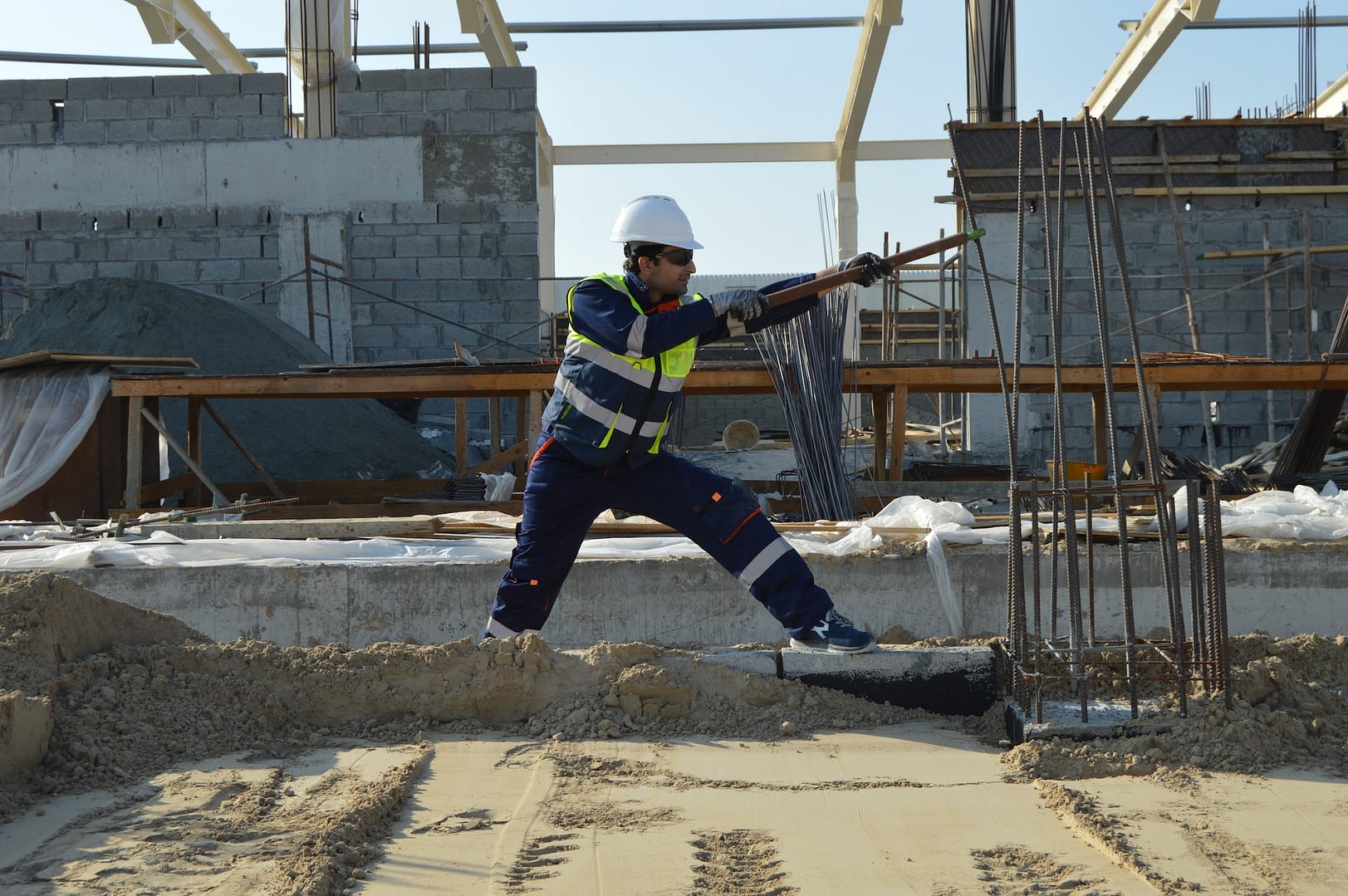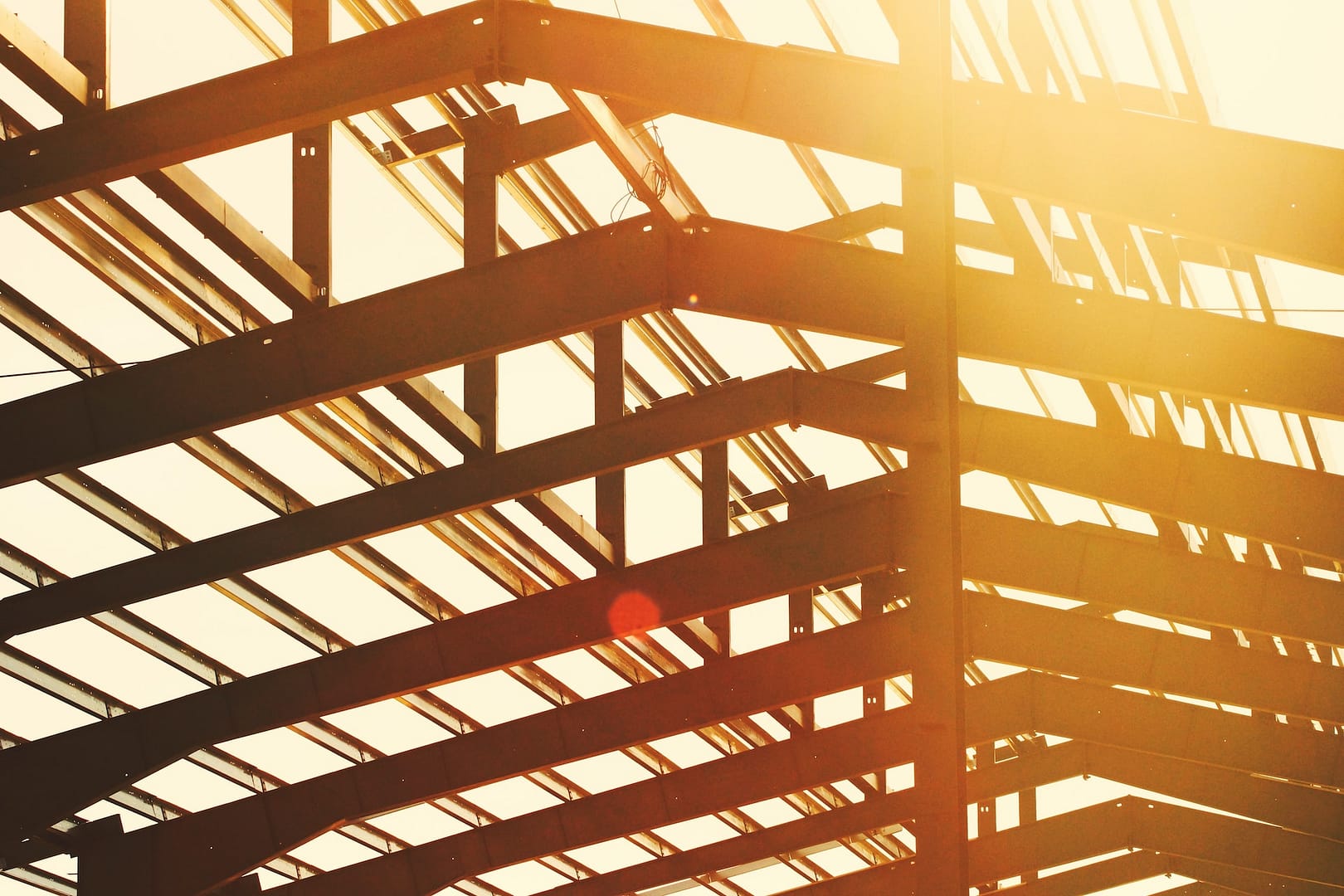Sustainable materials and practices in social housing repairs have emerged as a crucial aspect of modern construction and maintenance. In the pursuit of a greener and more equitable future, social housing projects in the UK and around the world are increasingly focusing on sustainability. This shift is driven by the need to reduce environmental impact, cut costs, and enhance the quality of living for vulnerable communities. In this article, we will delve into the concept of sustainability in social housing, the importance of sustainable building materials, and explore various eco-friendly practices that are transforming the way we repair and maintain social housing. We will also delve into how best to start a housing disrepair claim with us at National Claims.
What is Sustainability in Social Housing?
Sustainability in the context of social housing goes beyond the mere conservation of natural resources; it encompasses a broad spectrum of economic, social, and environmental considerations. At its core, sustainable social housing aims to create homes that not only meet the immediate needs of residents but also ensure their long-term well-being. Sustainability, in this sense, is a holistic approach to construction and maintenance, emphasising efficiency, responsibility, and longevity.
In the UK, social housing plays a significant role in providing affordable homes to low-income families and vulnerable individuals. The demand for such housing is high, and, consequently, there’s a growing need to make these homes sustainable to secure a better future for all. Sustainability in social housing can be categorised into several key areas:
Energy Efficiency
One of the fundamental aspects of sustainable social housing is energy efficiency. Energy-efficient homes not only reduce carbon emissions but also cut down on utility bills, making housing more affordable for residents. These homes often incorporate features such as well-insulated walls and roofs, energy-efficient appliances, and renewable energy sources like solar panels. The integration of energy-efficient technologies significantly contributes to a lower carbon footprint and a reduced burden on the electricity grid.
Accessibility and Inclusivity
Sustainable social housing should be accessible to all members of the community, including those with disabilities. Accessibility measures encompass not only physical access but also the incorporation of universal design principles, allowing residents to live comfortably and independently. By considering the diverse needs of residents, social housing projects can enhance inclusivity and promote social equity.
Environmental Impact
Reducing the environmental impact of social housing projects is a central pillar of sustainability. This entails using eco-friendly construction materials, minimising waste, and implementing responsible construction practices. Sustainable social housing often seeks to incorporate renewable, recycled, and low-impact materials, which contribute to a lower carbon footprint. In the UK, an increasing focus on sustainability has led to the development of construction materials and techniques that align with environmental goals.
Community and Social Cohesion
Sustainable social housing projects aim to foster strong communities where residents have access to green spaces, communal areas, and social amenities. These initiatives are intended to improve the quality of life for residents by creating vibrant, socially cohesive neighbourhoods. By providing spaces for social interaction and recreation, sustainable social housing projects contribute to the well-being of their communities.
Why Are Sustainable Building Materials Important?
The use of sustainable building materials is a key component of achieving sustainability in social housing repairs. These materials play a vital role in reducing environmental impact, ensuring the longevity of structures, and promoting healthy living environments. Let’s explore why sustainable building materials are essential in the context of social housing in the UK.
Environmental Preservation
Sustainable building materials are typically sourced, manufactured, and used in ways that have a lower environmental impact. This approach involves the use of renewable resources, recycled materials, and minimising waste during the production process. By choosing sustainable materials, we can help conserve natural resources, reduce carbon emissions, and decrease the negative environmental effects of construction and repair projects.
Durability and Longevity
Social housing repairs and maintenance can be costly, and frequent repairs can disrupt the lives of residents. Sustainable building materials are often chosen for their durability and longevity. For example, using treated wood, which is resistant to decay, in construction projects can extend the lifespan of structures. Long-lasting materials reduce the need for frequent repairs, resulting in cost savings and less disruption for residents.
Improved Indoor Air Quality
The health and well-being of social housing residents are paramount, and the choice of building materials can directly impact indoor air quality. Sustainable materials often have low levels of volatile organic compounds (VOCs), which can contribute to better indoor air quality. In turn, this reduces the risk of respiratory problems and other health issues for the residents.
Energy Efficiency
Sustainable building materials can be designed to enhance energy efficiency. Insulation materials with high thermal resistance, for example, can help regulate indoor temperatures, reducing the need for excessive heating or cooling. This, in turn, lowers energy consumption and utility costs for residents while reducing greenhouse gas emissions.
Cost Savings
While sustainable building materials may have a slightly higher upfront cost, they often result in long-term cost savings. As mentioned earlier, their durability reduces maintenance and replacement expenses. Additionally, their energy-efficient properties lead to reduced utility bills for residents, making social housing more affordable.
Sustainable Practices Transforming Social Housing Repairs
Several sustainable practices are transforming the way social housing repairs and maintenance are carried out in the UK. These practices align with the principles of sustainability and contribute to the betterment of social housing communities.
Green Roofs and Wall Gardens
Green roofs and wall gardens are innovative practices that enhance the sustainability of social housing. They involve planting vegetation on the roofs or walls of buildings. These green spaces provide numerous benefits, including improved insulation, reduced stormwater runoff, and enhanced air quality. In addition to their environmental advantages, green roofs and wall gardens create aesthetic and recreational spaces for residents, fostering a sense of community.
Solar Panel Installation
The installation of solar panels on social housing properties is a powerful means of harnessing renewable energy. Solar panels generate electricity from sunlight, reducing the reliance on traditional energy sources. In the UK, government incentives and initiatives have encouraged the adoption of solar power in social housing projects, making it more affordable and accessible. By harnessing clean energy, social housing repairs can reduce utility costs and environmental impact.
Retrofitting for Energy Efficiency
Retrofitting involves upgrading existing social housing properties to make them more energy-efficient. This practice often includes adding insulation, sealing air leaks, and replacing outdated heating and cooling systems with more efficient alternatives. Retrofitting is a cost-effective way to improve energy performance in older social housing buildings, reducing energy consumption and utility bills for residents.
Water Conservation
Water conservation practices in social housing repairs are essential for reducing the strain on water resources and lowering utility costs. Techniques like the installation of low-flow fixtures, rainwater harvesting, and the use of drought-resistant landscaping contribute to water efficiency. Collecting and using rainwater, for instance, can reduce the demand on municipal water supplies and lower water bills for residents.
Sustainable Construction Materials
The choice of construction materials in social housing repairs plays a significant role in sustainability. Opting for sustainable materials, such as recycled steel, reclaimed wood, and low-emission paints, minimises environmental impact and enhances the overall quality of the repairs. These materials align with sustainability goals and contribute to the long-term well-being of social housing communities.
Making a Housing Disrepair Claim with National Claims
At National Claims, we understand the significance of addressing housing disrepair issues in social housing while emphasising sustainability. We are committed to helping tenants and housing providers navigate the challenges of disrepair claims and repair projects in a manner that aligns with sustainability principles. Here’s how we can assist you in the claims process and ensuring that sustainable materials and practices are employed in the repair process.
Initiating a Housing Disrepair Claim
If you are a tenant in social housing and have encountered issues related to disrepair, such as damp, structural problems, or inadequate insulation, you have the right to seek remedies. The first step in the process is to inform your housing provider about the disrepair issues, ideally in writing. Once the housing provider is aware of the problems, they are legally obligated to address them promptly.
Seeking Legal Assistance
In some cases, housing providers may not respond adequately or promptly to disrepair complaints. This is where National Claims can help. We specialise in housing disrepair claims and can provide you with expert legal advice and support throughout the process. We ensure that your rights as a tenant are protected and that your housing provider takes the necessary steps to rectify the disrepair issues.
Assessing Sustainable Solutions
In collaboration with your housing provider, National Claims can assist in evaluating the sustainability of the proposed repair solutions. We advocate for the use of sustainable building materials and practices to ensure that the repairs align with environmental and economic goals. By considering sustainability in the repair process, we can help create homes that are energy-efficient, environmentally responsible, and affordable in the long term.

Conclusion
Sustainable materials and practices are paramount in addressing housing disrepair issues in social housing. They not only improve the living conditions for residents but also contribute to a greener and more equitable future. At National Claims, we are dedicated to assisting tenants and housing providers in making housing disrepair claims and ensuring that sustainability is a fundamental aspect of the repair process. By working together, we can create social housing communities that are energy-efficient, cost-effective, and environmentally responsible, ultimately enhancing the quality of life for all residents.
Contact us today and speak to one of our claims specialists who will help you get a start on your claim.
Click below to see why we are one of the most trusted claims management companies in the UK.

We’re proud of our excellent customer reviews
We thrive on delivering exceptional service and ensuring our clients’ satisfaction. Don’t just take our word for it. Check out some of our independent reviews to see what our clients have to say.
Excellent

This firm is excellent, they sorted out my car pay out and injury claim very fast, they always communicate with you all the time.

My accident case was dealt with confidence and with great result of the outcome, especially James kept me informed all the time.

I was very impressed at the way my inquiry was treated. I was listened to attentively and everything I needed to know was explained to me.






